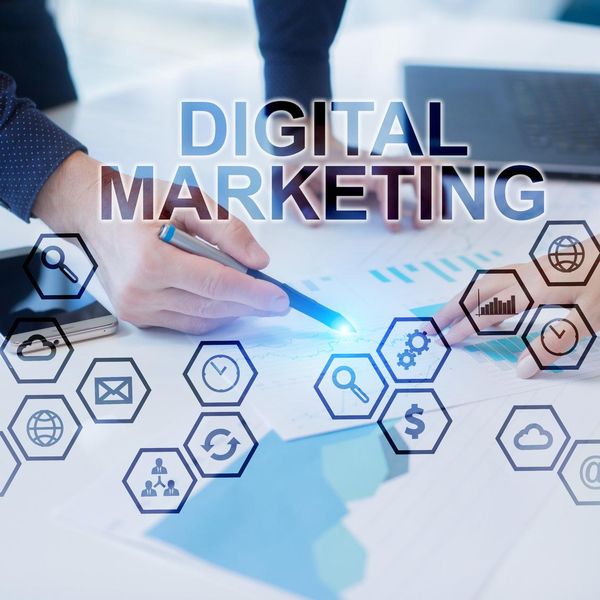
10 Tips for Preparing to Sell New Products
There is an art to selling, or so they say, and just like an artist prepares to work with paints, clay, or other materials, you too need to prepare before you start selling new products or services. The business that starts selling too soon can be overtaken by competitors or simply lose the sales edge.
What to know before selling a new product
1. Do your market research
You can’t sell until you know to whom you are selling and why they are buying your product or service. Know your target customers before you roll out your sales plan. Remember, your market can shift depending on new products, new technology, and new trends in the marketplace. For example, those who once swore they would never join the digital age are hooked like the rest of us.
2. Know your competition
Whatever you are selling, it’s usually likely that someone else is selling it as well. Even if you have no other brick-and-mortar competition within 30 miles of your shop, thanks to the Internet, it’s likely that you still have competitors. Before you start selling, research what your competitors are selling, at what prices, and how you can either undersell them or offer more to justify a higher price.
3. Fill a need
From practical items for their homes to filling emotional needs, the impetus for customers to buy a product or service is to fill a need. Know what need you are filling and what problem you are solving. It is important to differentiate between selling something your customers need and something you simply need to sell.
4. Know the benefits
Will this product save time? Money? Space? Is it innovative? Why should someone pay for this service? Not only must you know the benefits of whatever you are selling, your sales personnel must be ready to disclose such benefits in their sales presentations. Also, explain the benefits as they relate to competitors' products or services. What sets you apart? What is your competitive edge? Why should the customer buy from you?
5. Know when to sell
Timing is important. There are seasonal products, those that center on holidays or key times of the year (e.g., students going back to school), and other factors that will dictate when to sell and when to wait.
6. Know your limits
It’s a bad idea to start selling before you know exactly what sales volume you can handle. Having the people in place to take orders or close sales is half the battle; making sure the item is sent or the service is performed is the other half. Know your limits and be ready to seek out help if necessary. Why do you think so many stores take on extra employees for the holiday season?
More articles from AllBusiness.com:
- The Secret to Increased Online Sales: Conversion Optimization
- To Sell to Customers This Year, Keep It Simple
- 4 Rules for Sales Follow-Ups That Really Connect With Clients
- 9 Superstar Traits Every Salesperson Needs to Beat Fear and Rise Up
- 8 Practical Ways to Manage Client and Customer Expectations—And Keep Everyone Happy
7. Have policies in place
Can customers return the product? Can they make an exchange? Can they cancel a service appointment? How much notice must they give? Put policies in place, or review current sales policies, to cover such common scenarios before you start selling any new product or service.
8. Think green
The environment is on everyone’s mind. Eco-friendly products, packaging, and shipping are winning more customers over items likely to end up in a landfill. Consider your environmental friendliness. Before you roll out something new, think about the sustainability of the product, how it is packaged, and the shipping. Are these three components recyclable? Environmentally friendly?
9. Market to your regulars
It’s important to start marketing new products or services in advance. While it’s tempting to do a marketing blitz, it can be costly. Reaching out to your database of existing customers can be much more cost effective because 80 percent of sales typically come from return customers. You might also offer your most cherished customers a special incentive with a limited-time sale offer or other bonus before launching your sales campaign to the general public.
10. Try it yourself
If the product or service is brand-new, take a ride in it or on it, try it on, or do whatever it is that the product or service is designed to do. Pet rocks notwithstanding, most products or services are designed to do something. Make sure they work.



